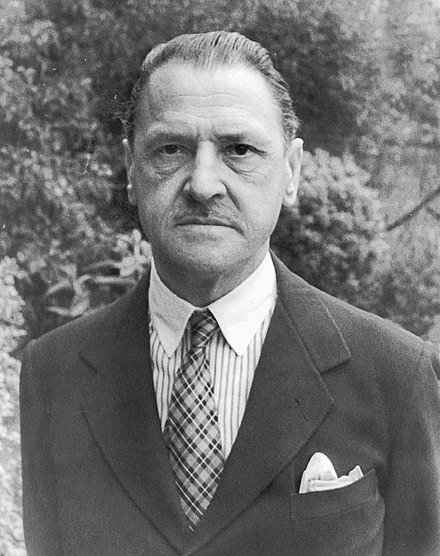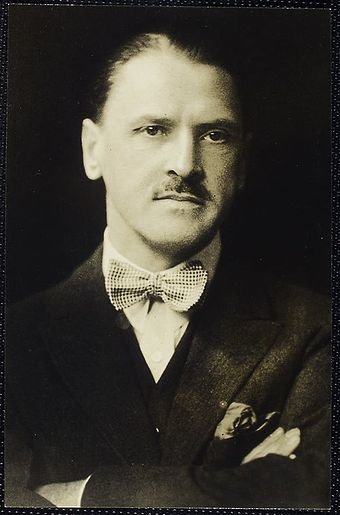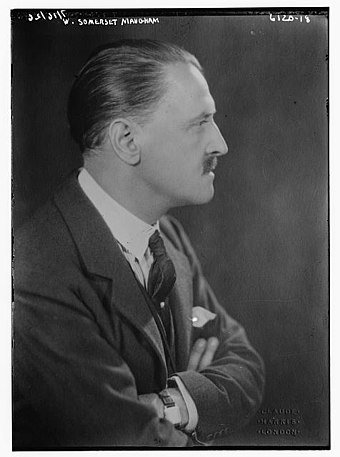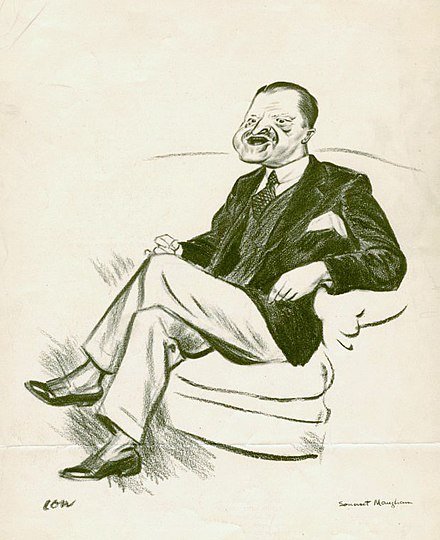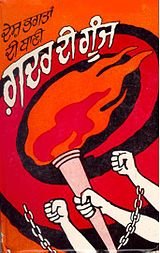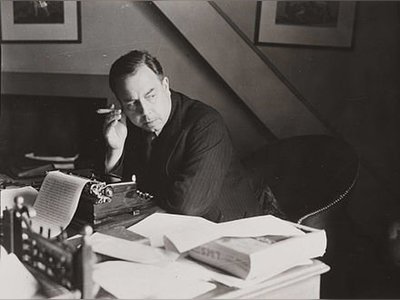British Heritage
Remember, Cherish, Learn.
beta
W. Somerset Maugham
Contribution of W. Somerset Maugham to British Heritage.
W. Somerset Maugham was an English playwright, novelist, and short-story writer who made significant contributions to British heritage through his literary works and cultural influence. Born in 1874, Maugham became one of the most popular writers of his time, and his writings continue to be appreciated and studied in the literary world. He played a crucial role in shaping British literature and cultural identity during the early to mid-20th century.
Maugham's legacy lies in his extensive body of work that spans novels, short stories, plays, and travel writing. He authored numerous successful novels, among which "Of Human Bondage" (1915) stands out as his masterpiece. This semi-autobiographical novel explores themes of self-discovery, human relationships, and the pursuit of art and passion. It is widely regarded as a classic of English literature and continues to resonate with readers worldwide.
Apart from "Of Human Bondage," Maugham's other noteworthy works include "The Moon and Sixpence," inspired by the life of Paul Gauguin, and "Cakes and Ale," which features thinly veiled characterizations of authors Thomas Hardy and Hugh Walpole. His short stories, such as "Rain" and "Footprints in the Jungle," vividly depict the emotional struggles of Western colonists in the Pacific and Asia. His unique ability to portray the human psyche and explore complex emotions earned him a place among the great literary figures of his time.
During the 1930s, Maugham was reputedly the highest-paid author of his era, attesting to the immense popularity of his writings. His plays also enjoyed widespread success, with several running simultaneously in London. The success of his literary works enabled him to live a comfortable life and afforded him the opportunity to travel extensively, which, in turn, influenced his later travel writing.
Maugham's influence extended beyond the literary world. He was a significant figure in British society, hosting literary and social salons at his villa in the French Riviera during the 1920s and 1930s. His engaging personality and witty conversations made him a favorite among his peers. Despite his success and fame, Maugham remained modest about his abilities as a writer and was known for his candid self-assessment.
Maugham's travels through Europe, Asia, and the Pacific inspired many of his works. Notably, his experiences in the South Pacific and Asia influenced his portrayal of colonial life and the psychological impact of isolation in his stories.
During the First World War, Maugham served with the British Red Cross and later undertook intelligence work for the British Secret Intelligence Service (MI6). His experiences as a spy and his work with the Red Cross provided material for his spy novel, "Ashenden: Or the British Agent." This work is considered to have influenced Ian Fleming's later creation of the James Bond series.
Maugham's personal life was marked by several controversies, particularly surrounding his relationships. He had affairs with women in his youth and was married to Syrie Wellcome, the former wife of a pharmaceutical magnate. However, Maugham's later life was characterized by his homosexuality, and he had significant relationships with men, notably Alan Searle and Gerald Haxton.
In his later years, Maugham faced legal battles over his estate and paternity claims. He publicly disowned his daughter Liza and, in an attempt to break all ties with her, suggested that she was not his biological daughter. His complicated personal life added an air of mystery and intrigue to his already fascinating persona.
W. Somerset Maugham's contributions to British heritage are manifold and enduring. Through his literary works, he provided keen insights into the human condition and the complexities of human emotions. His engaging storytelling, coupled with his international experiences, offered readers a window into various cultures and societies. Maugham's legacy as one of the great writers of the 20th century continues to shape British literature and remains a significant part of the nation's cultural heritage. His timeless works will continue to be cherished and studied for generations to come, ensuring that his literary influence remains an integral part of British heritage.
Legacy and Literary Contributions
Maugham's legacy lies in his extensive body of work that spans novels, short stories, plays, and travel writing. He authored numerous successful novels, among which "Of Human Bondage" (1915) stands out as his masterpiece. This semi-autobiographical novel explores themes of self-discovery, human relationships, and the pursuit of art and passion. It is widely regarded as a classic of English literature and continues to resonate with readers worldwide.
Apart from "Of Human Bondage," Maugham's other noteworthy works include "The Moon and Sixpence," inspired by the life of Paul Gauguin, and "Cakes and Ale," which features thinly veiled characterizations of authors Thomas Hardy and Hugh Walpole. His short stories, such as "Rain" and "Footprints in the Jungle," vividly depict the emotional struggles of Western colonists in the Pacific and Asia. His unique ability to portray the human psyche and explore complex emotions earned him a place among the great literary figures of his time.
Success and Literary Influence
During the 1930s, Maugham was reputedly the highest-paid author of his era, attesting to the immense popularity of his writings. His plays also enjoyed widespread success, with several running simultaneously in London. The success of his literary works enabled him to live a comfortable life and afforded him the opportunity to travel extensively, which, in turn, influenced his later travel writing.
Maugham's influence extended beyond the literary world. He was a significant figure in British society, hosting literary and social salons at his villa in the French Riviera during the 1920s and 1930s. His engaging personality and witty conversations made him a favorite among his peers. Despite his success and fame, Maugham remained modest about his abilities as a writer and was known for his candid self-assessment.
Travels and Intelligence Work
Maugham's travels through Europe, Asia, and the Pacific inspired many of his works. Notably, his experiences in the South Pacific and Asia influenced his portrayal of colonial life and the psychological impact of isolation in his stories.
During the First World War, Maugham served with the British Red Cross and later undertook intelligence work for the British Secret Intelligence Service (MI6). His experiences as a spy and his work with the Red Cross provided material for his spy novel, "Ashenden: Or the British Agent." This work is considered to have influenced Ian Fleming's later creation of the James Bond series.
Personal Life and Controversies
Maugham's personal life was marked by several controversies, particularly surrounding his relationships. He had affairs with women in his youth and was married to Syrie Wellcome, the former wife of a pharmaceutical magnate. However, Maugham's later life was characterized by his homosexuality, and he had significant relationships with men, notably Alan Searle and Gerald Haxton.
In his later years, Maugham faced legal battles over his estate and paternity claims. He publicly disowned his daughter Liza and, in an attempt to break all ties with her, suggested that she was not his biological daughter. His complicated personal life added an air of mystery and intrigue to his already fascinating persona.
Conclusion
W. Somerset Maugham's contributions to British heritage are manifold and enduring. Through his literary works, he provided keen insights into the human condition and the complexities of human emotions. His engaging storytelling, coupled with his international experiences, offered readers a window into various cultures and societies. Maugham's legacy as one of the great writers of the 20th century continues to shape British literature and remains a significant part of the nation's cultural heritage. His timeless works will continue to be cherished and studied for generations to come, ensuring that his literary influence remains an integral part of British heritage.
- W. Somerset Maughamen.wikipedia.org
